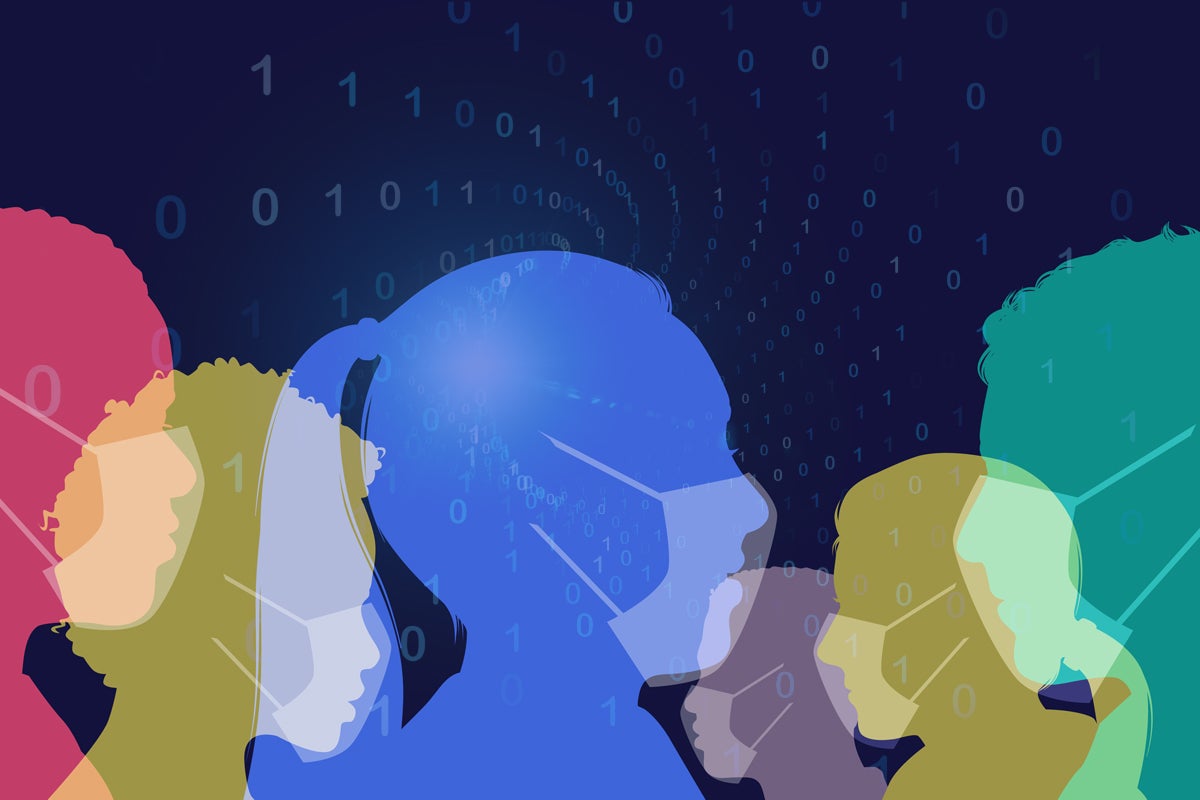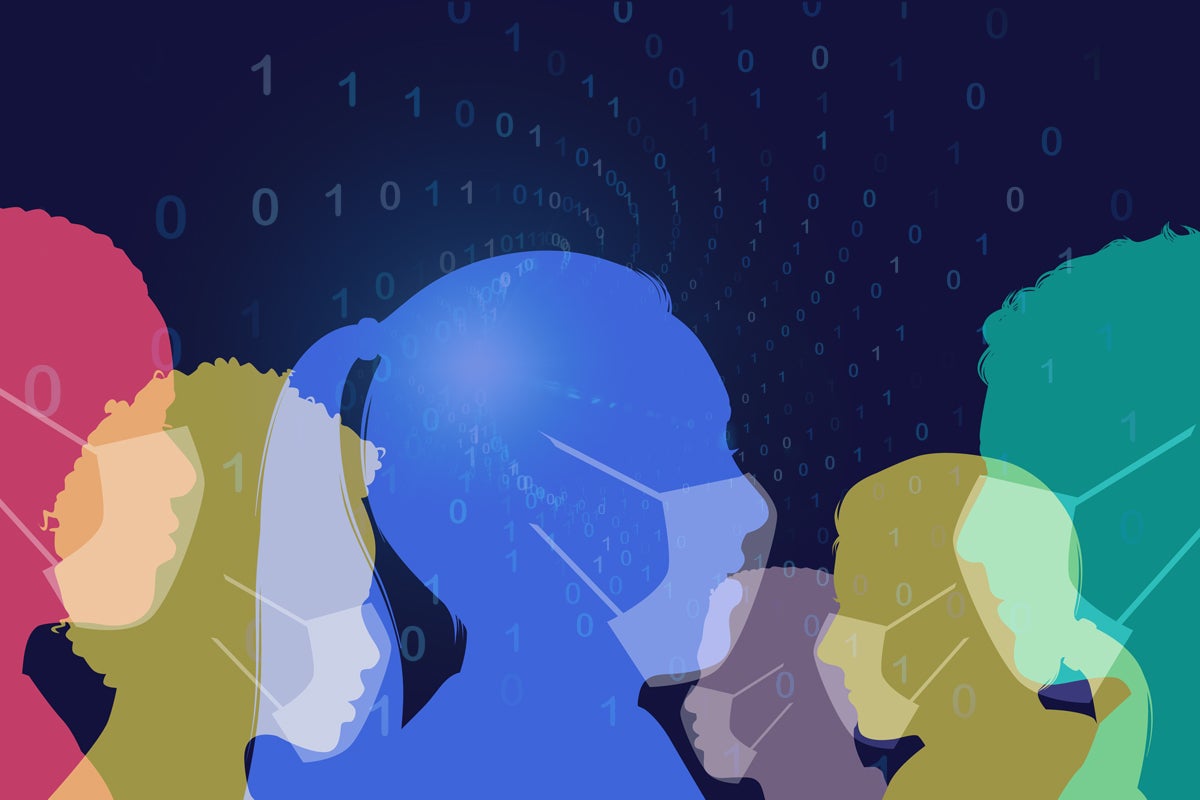
When COVID-19 began ravaging New York City in March, several residents of the city’s Astoria neighborhood launched a group to help vulnerable residents with things like grocery shopping or picking up prescriptions.
But the Astoria Mutual Aid Network soon found the logistics of matching people who needed help with those who could offer assistance increasingly daunting.
That’s when several members of the Astoria Tech Meetup decided to step in. “Clearly there needs to be a process around that,” cloud consultant Peter Valdez recalls thinking.
The result: open-source software that uses Airtable spreadsheets, Slack collaboration software, and geocoding from Google or Mapquest to automatically find volunteers closest to a person requesting help. It’s now available to other groups trying to assist neighbors in need during the pandemic.
“We have been putting the code out there and documenting it with the express purpose of making it accessible to other groups, too,” cloud consultant Peter Valdez explained. And a new group formed around this effort, Astoria Digital, would be willing to help other community groups use the technology for helping neighbors during the pandemic.
The Astoria Mutual Aid Network system starts with two forms: One for people seeking help, another for those who want to volunteer.
When a neighborhood help request is filed, a bot geocodes the address, finds the 10 closest volunteers, and posts the info to a private Slack channel. That channel is monitored by “dispatch volunteers” who can contact field volunteers and see who’s available.
Implementing the software
Smaller volunteer groups – especially those without access to tech deployment resources – might just be interested in Astoria Mutual Aid Network’s Airtable templates for the forms and back-end data storage.
Those interested in the complete package would need accounts and API keys from Slack and Google Maps or Mapquest as well as Airtable. In addition, they’d want Docker, Docker Compose, and Make software installed locally. There are installation instructions in the Github repository’s README file and docs folder.
Valdez is involved in another project called Shipyard that makes it easy to deploy a Docker Compose file to production via Kubernetes. Shipyard is willing to host other groups using the Astorial Mutual Aid Network software as well.
“The team who built it would be happy to help . . . if there’s a community that needs to set this up,” Valdez said. Neighborhood groups seeking to implement a similar service can use the contact form on Astoria Digital’s website or email team@astoria.digital.



